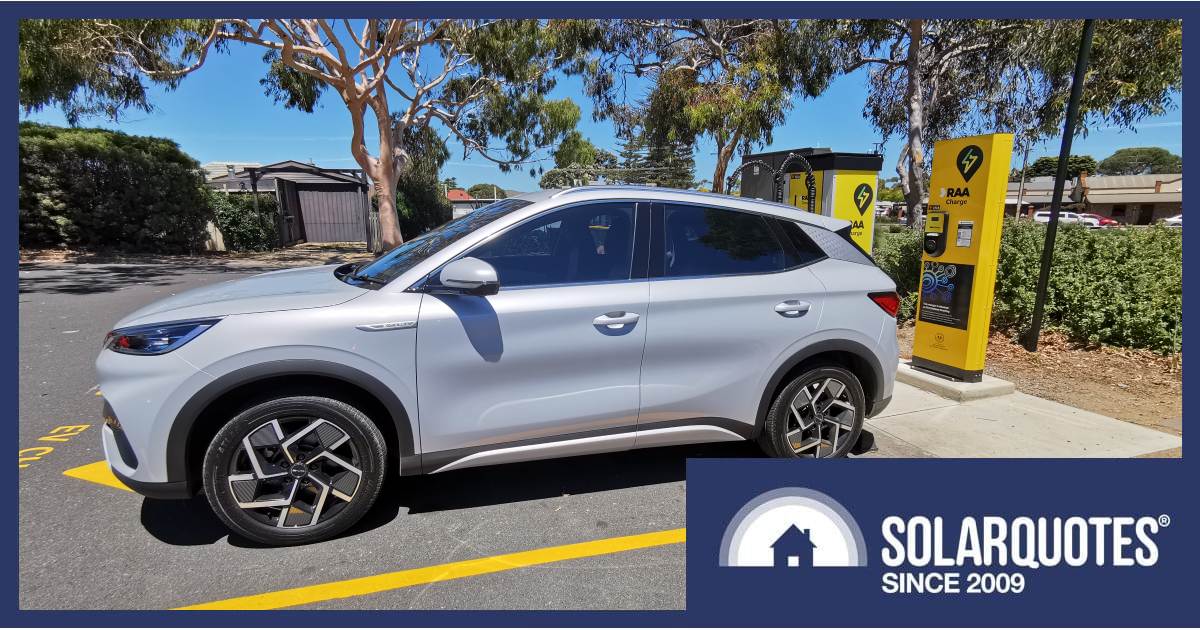Grabbing a coffee or doing some shopping can be good ways to pass time when charging an EV at a public station. But overstaying can inconvenience others and could cost the EV owner.
There are a bunch of guidelines related to EV charging etiquette, including:
- Don’t park an EV in a charging station spot if you’re not going to use it (“ICEing” fines may apply to EV owners too).
- Hang up the cable properly when you’re done.
- Avoid confrontation if you see anyone else behaving badly. You may come off second-best and/or wind up in court. Just report the incident to the relevant authorities/provider.
- Don’t mess with anyone else’s EV; e.g. attempt to disconnect it (you likely won’t be able to anyway).
- Think of others: if there’s a queue, do you really need the EV at 100%? Fast chargers slow down significantly after 80%.
- Don’t hog, “camp” or “squat” at the station after your session is complete.
It’s this last point that can not only anger those waiting, but also burn a hole in your hip pocket.
Due to the increasing incidence of camping/hogging, several charging station networks have implemented “idle fees”. For example, Chargefox introduced an idle fee at some of its stations. When a vehicle has finished charging, the company sends a notification advising that idle fees will apply after a grace period, which can vary depending on the station.
Once this grace period ends and the vehicle has not been unplugged and moved, idle fees start accruing. The rate can also vary station to station, but the firm says the standard rate is $1 a minute – or $60 an hour.
“We believe idle fees will encourage drivers to not abuse charging infrastructure – such as treating it as a parking bay – and more (sic) on promptly when they have finished charging,” says Chargefox.
Among others:
- Jolt also issues idle fees for users that remained plugged in for longer than 10 minutes after the session is complete, and also at $1 per minute.
- Evie networks only references idle fees on its site once, without any further detail.
- NRMA flagged last year it would eventually introduce idle fees, with a grace period of 15 minutes, and a per-minute charge thereafter (rate unknown).
- In South Australia, RAA introduced idle fees at selected stations in February this year. There’s a 10- minute grace period after the session has finished, after which the charge is a buck a minute.
Save With Home EV Charging
Not all of us can top up where we live. But for those who have the potential to, there’s a lot to be said for home EV charging; particularly if you have a solar power system and can get some sessions in during favourable conditions.
But a “granny” charger – one that’s plugged into standard power point – may not cut it depending on your EV usage. A hard-wired charger is a faster option, although there’s the cost of equipment and installation to consider.
We’ve had our Atto 3 since April last year and have clocked up 22,600 kilometres so far. We’ve only used public fast charging stations a couple of times, and that was mainly to get familiar with the process and providers. Most of our charging is done at home; with the majority of that from surplus solar energy thanks to our 10kW solar system and a Fronius Wattpilot. Any mains grid charging is done during the off-peak or shoulder windows (we’re on a Time-of-Use electricity plan), which is still much less than the cost of using a public charging station in our circumstances.
Learn everything you need to know about home EV chargers. And if you need to top up while away from it, check out this handy public EV charging station map – but always be sure to read the terms and conditions of any station you use before you plug in.


 RSS - Posts
RSS - Posts



Speak Your Mind